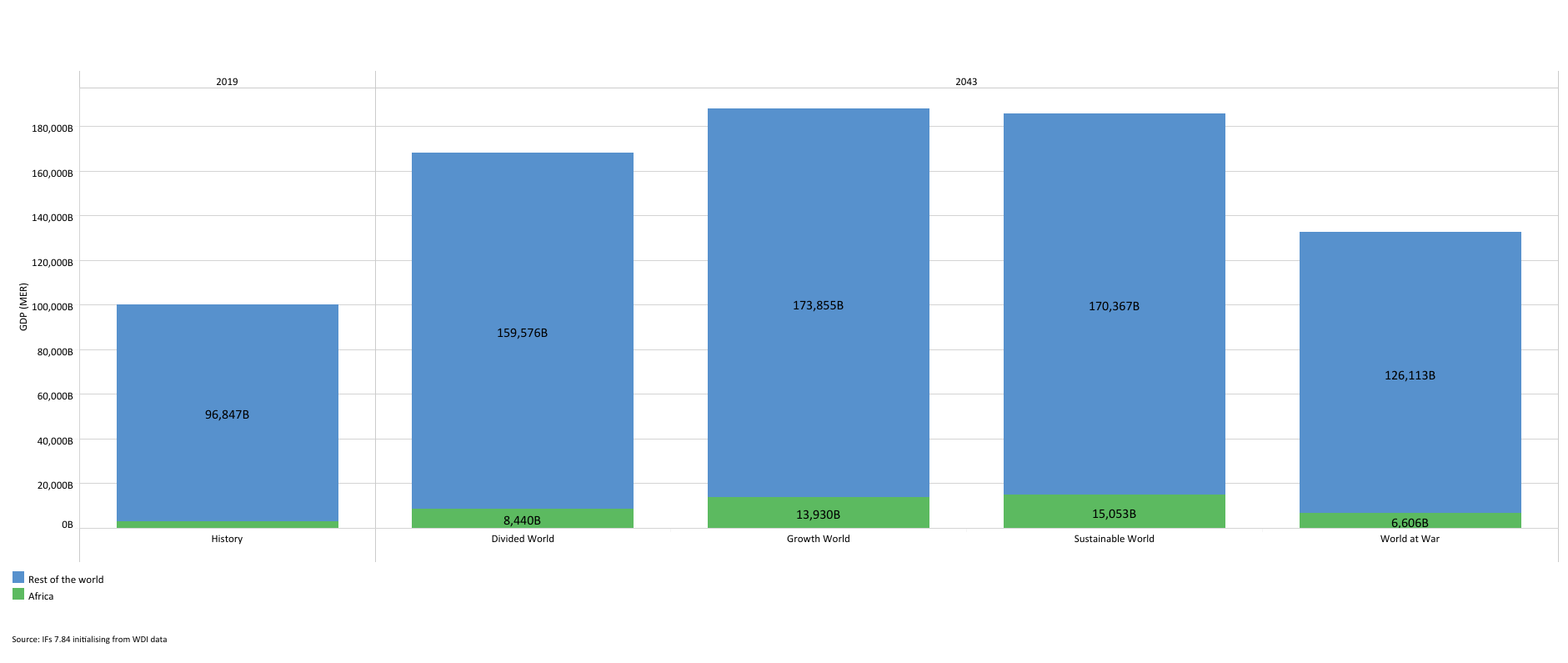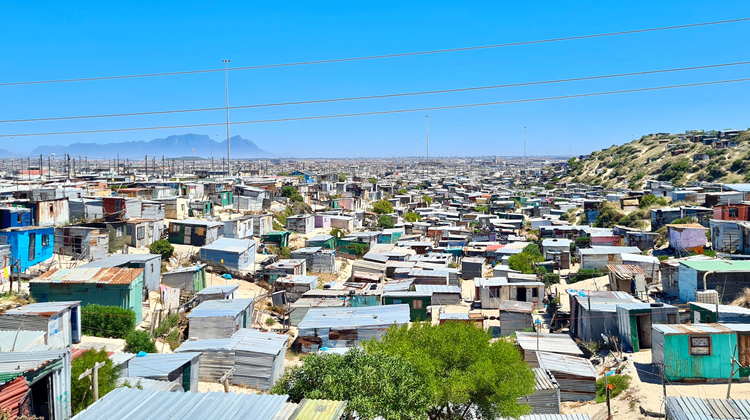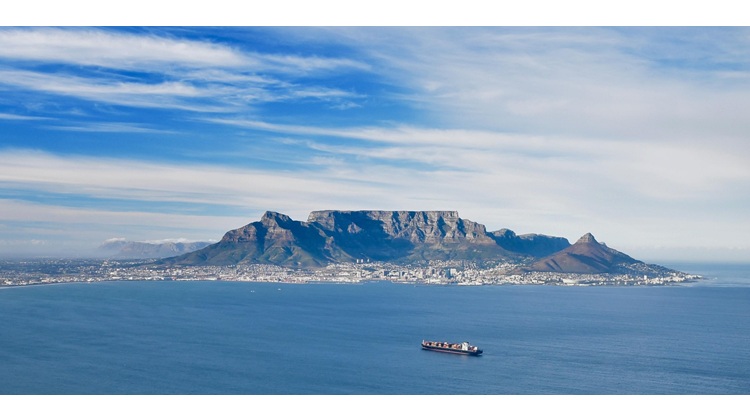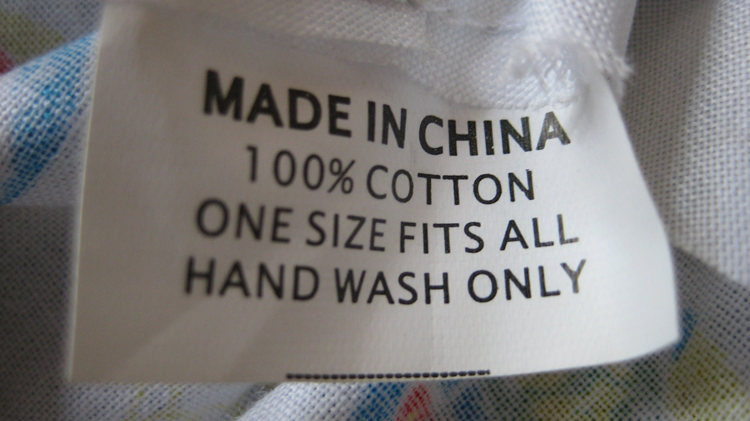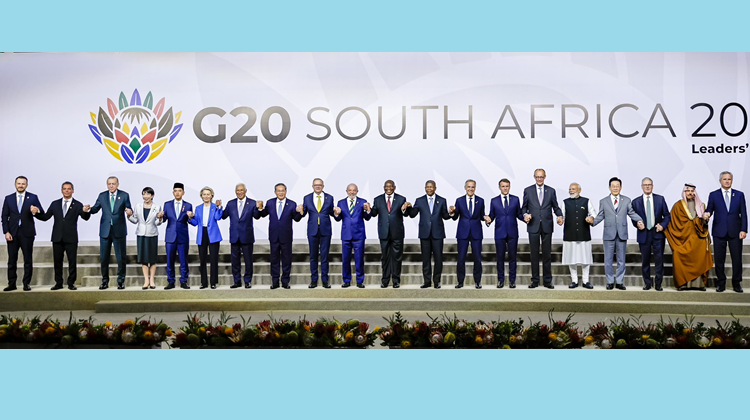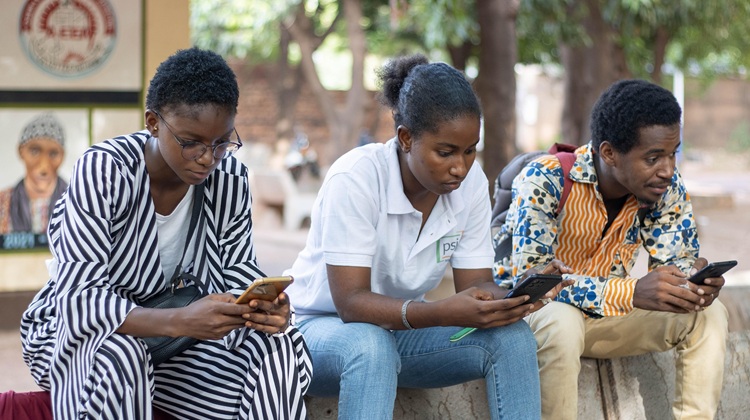Does BRICS+ signify the inevitability of a more divided world?
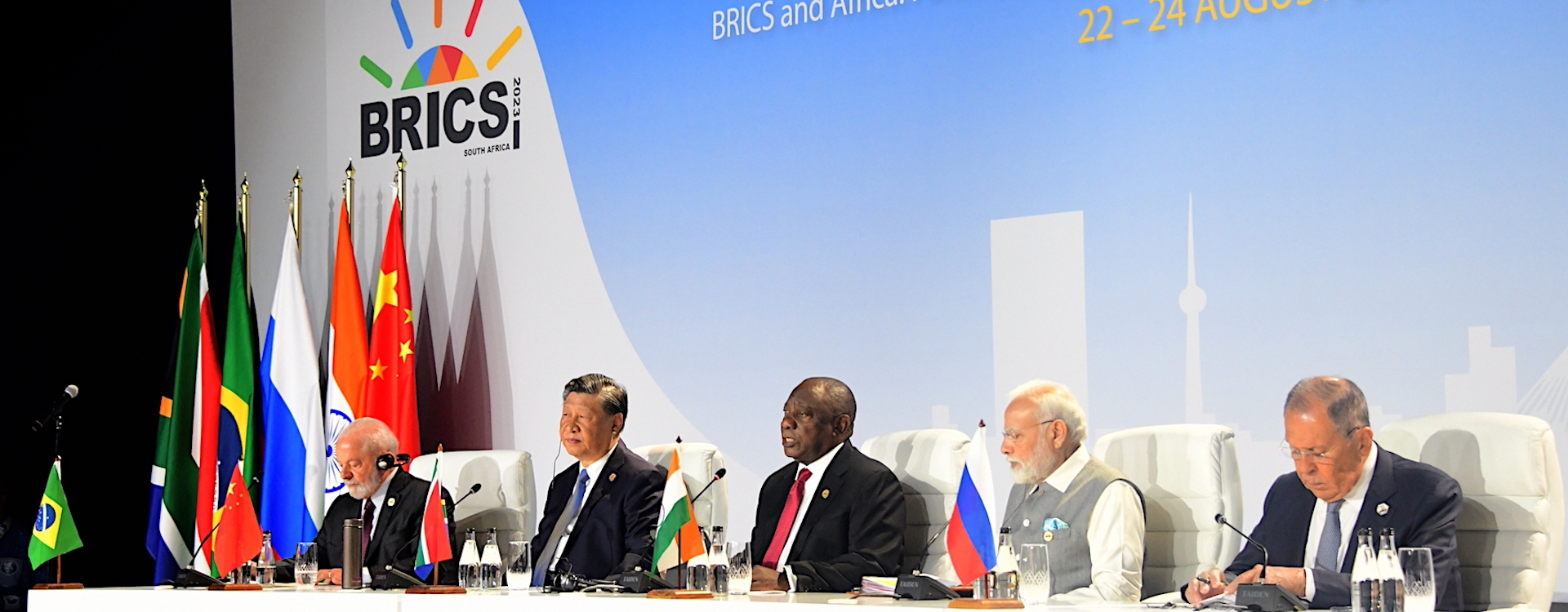
Bold, decisive leadership from across the globe is needed in pursuing a sustainable global reform agenda – before it’s too late.
The 15th BRICS Summit in Johannesburg marked a turning point in the evolution of the bloc. It will be remembered not so much for the theme, declaration or formal statements resulting from the gathering, but rather as a yardstick of the shifting locus of global power, and the changing nature of the contemporary international system.
In particular, the expansion of the bloc to include Argentina, Egypt, Ethiopia, Iran, Saudi Arabia and the United Arab Emirates took place against the backdrop of a highly charged geopolitical moment.
Following the Russian invasion of Ukraine in February 2022, long-simmering rivalries and competing visions over the future trajectory of the international order have been thrown into much sharper relief. Clear lines have been drawn for example between Washington’s framing of the next decade as a grand battle between democracies and autocracies, and Beijing’s rhetorical commitments towards spurring on greater multipolarity.
In this context, the expansion of the BRICS grouping has been regularly framed as a geopolitical counterweight to the club of rich, industrialised, liberal democracies that constitute the Group of Seven (G7), which includes the European Union (EU) as a non-enumerated member. These countries have long held sway over the political, financial and legal instruments, institutions and structures that underpin the post-World War II international order.
Accordingly, a more cohesive BRICS+ grouping may be able to more decisively challenge prevailing G7 norms, values and principles that have directed the trajectory of the international institutional order for over 70 years.
Will a universal normative basis to guide international cooperation be disregarded in the pursuit of more immediate strategic interests?
This challenge is premised on a deep and growing disillusionment by global south states with the current international system’s failures to reduce inequality, right historical injustices, and facilitate a more inclusive and representative global order.
These concerns speak directly to longstanding deadlocks on the need to reform the global multilateral system, particularly concerning the United Nations (UN) Security Council, international financial institutions, and those responsible for international law, development, and climate change.
These concerns are clearly laid out in the 15th BRICS Summit’s Johannesburg II Declaration, where the club’s members articulate a shared agenda for global reform on their own terms, exclusive from traditional global north powers.
But is this competitive binary framing of the changing nature of the international order accurate, appropriate, and useful? If not probed now, then all indications suggest that we are heading into a more clearly divided world over the coming years and decades.
The 15th BRICS Summit in Johannesburg marked a turning point in the evolution of the bloc
In such a world, the veneer of some form of shared normative universal basis to guide international cooperation would likely be supplanted by competing regional blocs. And relations between these multiple regional poles in the international system may be far more transactional, and based on a more eclectic, myopic, and overriding set of strategic interests.
Forecasting by the Institute for Security Studies’ African Futures programme suggests that Africa’s collective prospects for growth and development would suffer in this scenario, and the gap between the continent and the rest of the world would continue to grow.
Chart 1: GDP of Africa and the rest ot the world in 2043 under different scenarios
Chart 2: GDP per capita from 2000 to 2043 in thousand 2017 US$
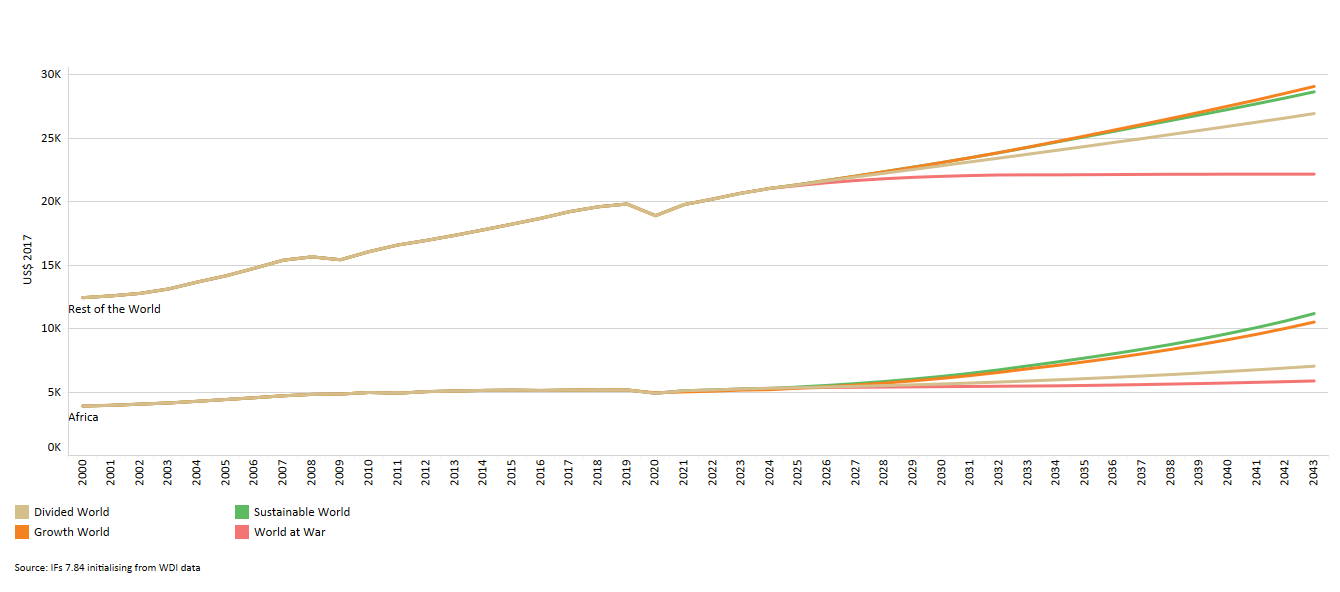 Click on the graphs for the full size image
Click on the graphs for the full size image
This situation is unsustainable, not just in terms of Africa’s developmental aspirations as encapsulated, for example, in the African Union’s Agenda 2063, but as this concerns pressing existential crises including climate change and the conflict stressors that will come from this. These challenges can only be addressed through greater international cooperation, in a sustainable world scenario.
The value and utility of groupings like the BRICS+ are therefore clear. A reformed international system that more equitably and efficiently represents 2023 geopolitical realities is an urgent priority that can no longer be kicked down the road, or paid lip service, by the wealthy industrialised global north. Accordingly, diplomatic clubs like the BRICS+ provide the necessary pressures to catalyse much-needed structural change, by forcing the hand of traditional powers.
To achieve this, however, actors from both sides of prevailing geopolitical divides must find common ground and tackle the hard questions. As the BRICS+ grouping strives to become a more cohesive political bloc, member states should pay particular attention to how their shared conception of a new, emergent world order looks.
A more cohesive BRICS+ grouping may be able to more decisively challenge prevailing G7 norms, values and principles
What specific global policy interventions are needed to catalyse this reform agenda? Will this new international order really be based on a greater sense of multipolarity, and is this necessarily a good thing? Or are we simply fooling ourselves into thinking that major world powers (both traditional and emerging) are far more altruistic or egalitarian than what history has taught us?
Against this backdrop, further questions must be asked as to what must be preserved from the current international system that has persevered since the end of World War II. Will a universal normative basis to guide international cooperation be disregarded in the pursuit of more immediate strategic interests? Or can its veneer be repolished and rebranded to accommodate the challenges and opportunities of the next century?
At this inflection point in the evolution of global order, actors from all corners of the world require clear, bold, and decisive leadership to tackle these questions and pursue a sustainable global reform agenda before it’s too late.
Image: GovernmentZA/Flickr

